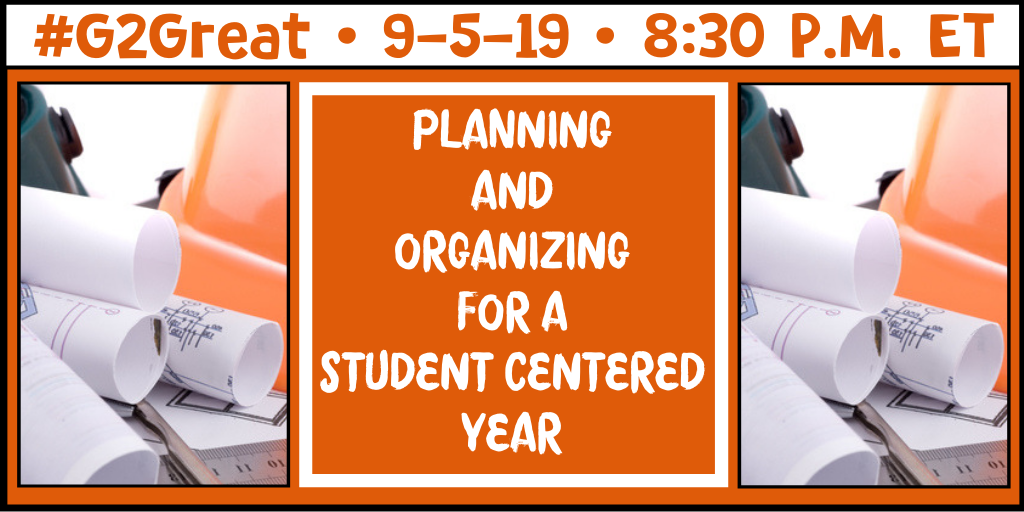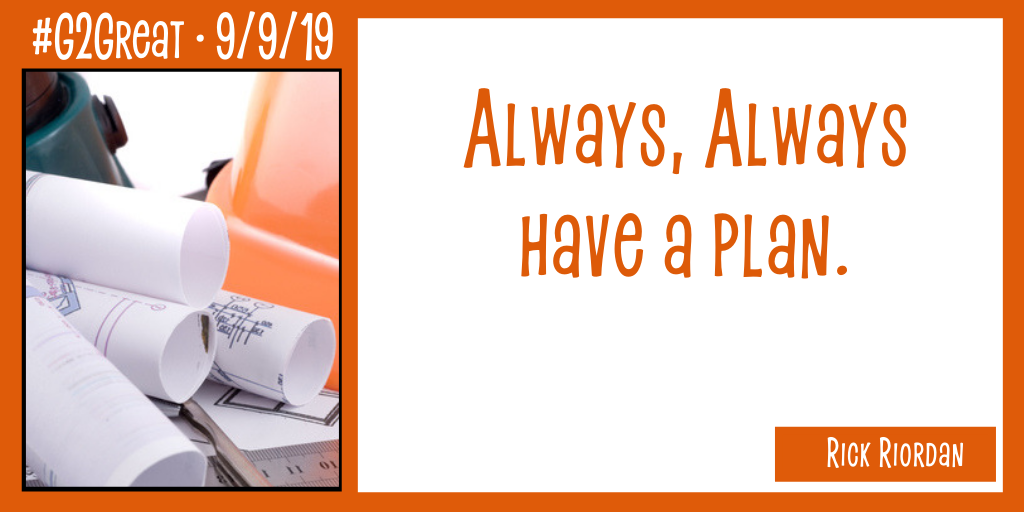
The Greatest Adventures Begin with a Map
by Brent Gilson
If you missed the chat or want to relive it here is a link to the Wake
In my first year of teaching, I remember a coworker teaching her students how story writing was kind of like hunting for treasure. You start with a plan (map) and you follow it to craft an amazing story (treasure). She cautioned her students about wandering too far off the map. How not following the plan will lead the reader to confusion and take the story in a completely different and oftentimes difficult to follow conclusion.
As I looked at the topic for our chat this week I could not help but laugh at how this advice that was given to nine-year-olds is so applicable to us as teachers. The need for a plan that is centred around our students and organized in a way that scaffolds the learning towards student mastery. The purposeful work of bringing all members of the learning team into the equation early so parents/guardians see themselves as valued members of the team and not just observers from the outside. Building a community together, both the social aspects and the physical ones and how we must be purposeful in this as well. All pieces of a map that when followed and centred around our students will do wonders in creating an amazing learning space for our students and a community that helps support everyone involved.

In one of my favourite stories, The North Star, Peter Reynolds writes about a little boy who sets off on a journey. There are signs and markers and people all along the way telling the boy the way to go but he never feels it is the right way. He ends up choosing his own journey and follows the star. I like to think of a good plan as a star. At times I get distracted when teaching. I wander off the map because of these distractions (time, other responsibilities, bad lessons that shake your faith in yourself… you know…distractions).
Last week marked the start of a new school year. I LOVE planning. I have my year written out, all of my objectives set by the curriculum, some different options to address those outcomes and some open-ended options for culminating projects that are heavy in student choice. I stick to a digital format because it is easy to adjust when those roadblocks pop up. This week a big roadblock popped up. Just before I was about to begin my first class teaching 9th grade I received word that the plan I had set for the year would not work. Some miscommunication left me in a spot that I will have to (probably this weekend) rework my whole year. Now this is not a woe is me reflection but a great example of why it is so important to focus our planning, centre our planning on our students. I had built my ninth grade year around the Provincial Assessment. This was in an attempt to leave a large part of the year open to the cool stuff but we would do the lame stuff (standardized assessment) first. Unfortunately, that early writing of the exam was not approved. So I sat trying to figure out how to reframe the year minutes before it started. That uncertainty distracted me and our first class was less than the positive experience I wanted. The next day I apologized to my kids for the mess the lesson was, vowed to do better and now I sit here finishing this post and preparing to revamp a year plan that centres on my students, not a test.

Monday is the start of a new week. I am excited to take some time to talk about expectations, not rules. I didn’t start the year that way because I was excited and assumed that as I have taught many of the students I have this year twice before we didn’t need to discuss these expectations. The thing is though that the expectations are just not ones I have for them, my students needed time to tell me what expectations they have for me and for their peers. Rules just sound oppressive. Expectations create opportunities for students to rise. I have two expectations. BE KIND and WORK HARD. They sit above the board so students see them. It is a work in progress. Rules place limits. I think there is some chemical in middle school and high school students that is triggered when they hear “rules”, I think it is because they (the rules) are rarely focused on student success and more on compliance and kids can sniff that out a mile away. Expectations are centred on each student and can be individualized to assist in success. This purposeful decision has reduced “management issues” in my room and we spend less time talking about rules we have broken and more time discussing how we can rise to surpass expectations.
Reflecting on planning and how important it is to plan with our students at the centre has been a great reminder for me this week. I had lost my way a bit on the map of a successful year. Luckily I am only 1 week in and the path is still under my feet. I know where I am going. I am inviting my students to join me as we explore literacy and surpass our expectations.